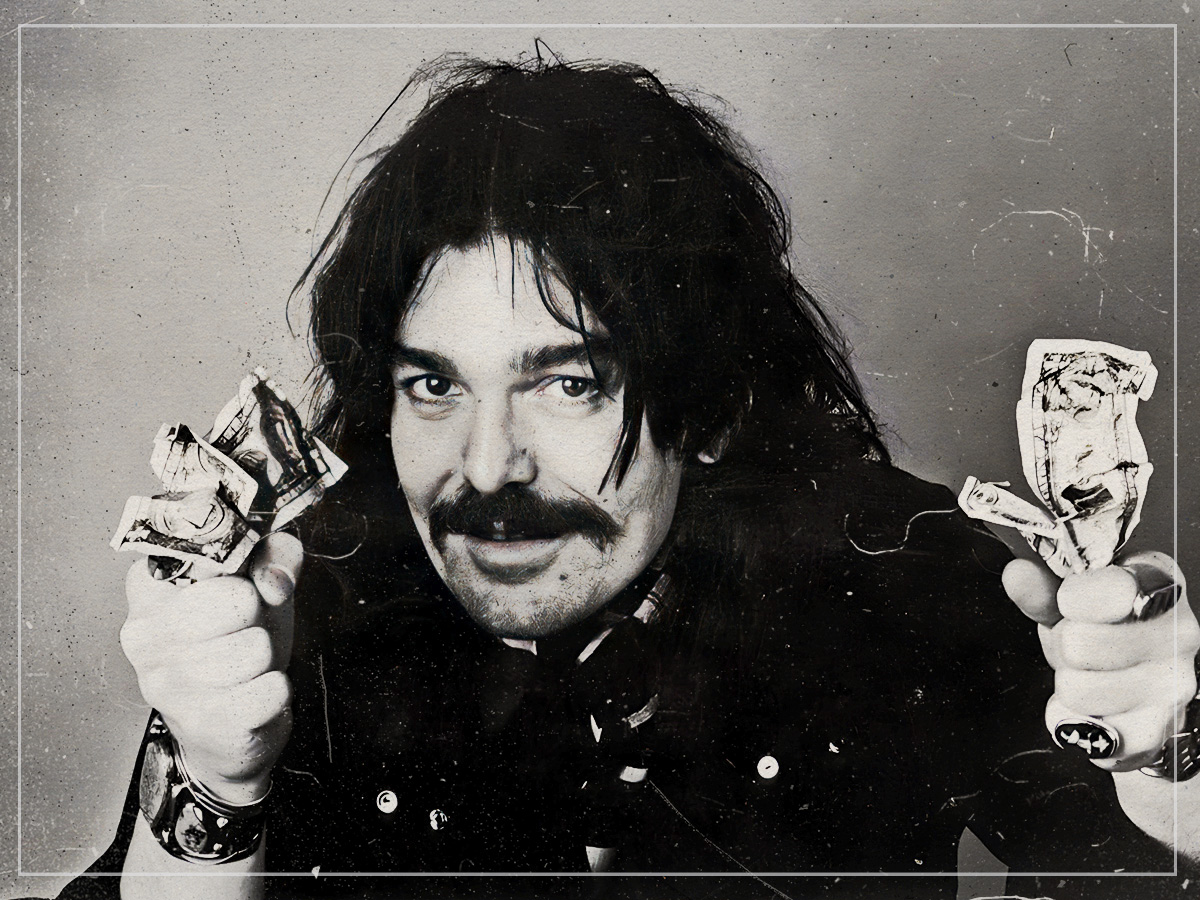Introduction to Dachau Blues
From the mind of the avant-garde artist Captain Beefheart comes Dachau Blues, a captivating 1970s song that continues to resonate today. This piece, with its enigmatic lyrics and experimental musicianship, is a testament to Beefheart's unique artistic vision.
Cultural and Historical Context of the Track
Drawing its title from the infamous concentration camp, Dachau Blues is a haunting exploration of human suffering and the lasting impact of historical atrocities. Released in the turbulent early 1970s, this song reflects the era's widespread social and political unrest, serving as an unsettling reminder of the darker aspects of human nature.
Interesting Fact about Dachau Blues
One fascinating aspect of this track is Beefheart's use of "hocketing," a rhythmic technique borrowed from traditional African music. The band members alternate playing single notes, creating a disjointed yet harmonious sound that perfectly complements the song's thematic content.
Cover Versions of the Song
Despite its challenging structure, Dachau Blues has inspired numerous cover versions by artists eager to tackle Beefheart's complex compositions. These interpretations range from faithful renditions to radical reimaginings, each adding a unique twist to the original.
Why Dachau Blues is Still Relevant Today
The enduring relevance of Dachau Blues lies in its timeless message and innovative musicianship. As listeners continue to grapple with the dark episodes of history, this piece serves as a powerful musical reminder of their lasting impact. Furthermore, Beefheart's experimental approach remains influential, inspiring countless artists to push the boundaries of conventional music.





Comments (0)